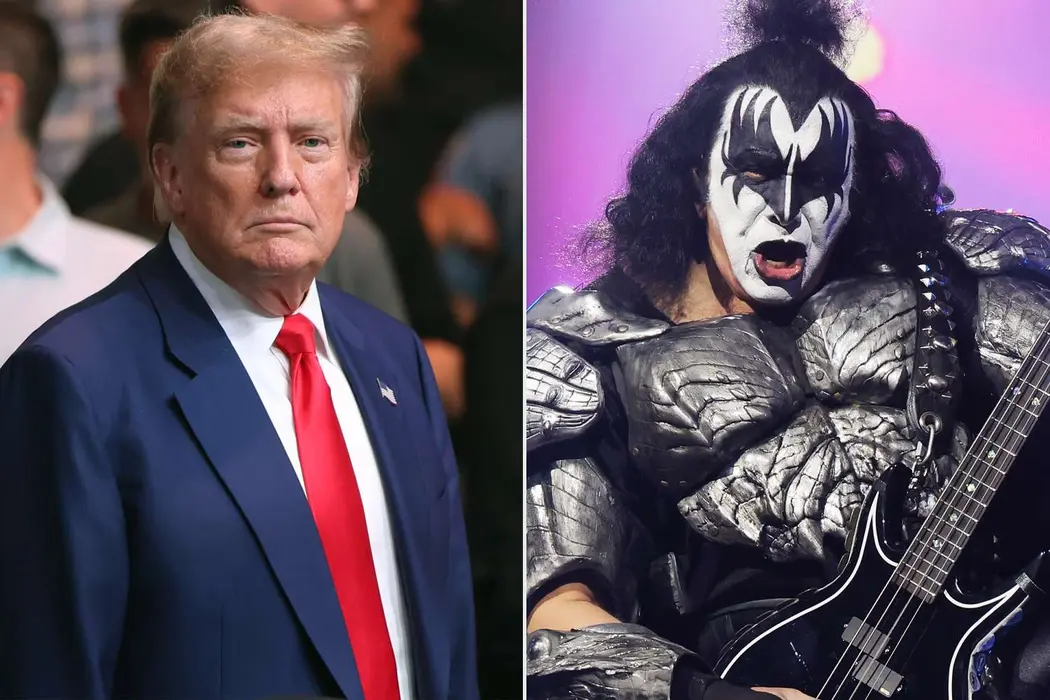T4K3.news
Cruise declines Kennedy Center Honors invitation
Tom Cruise reportedly declined a Kennedy Center Honors invitation cited scheduling conflicts as tradition and politics collide in a high-profile arts ceremony.
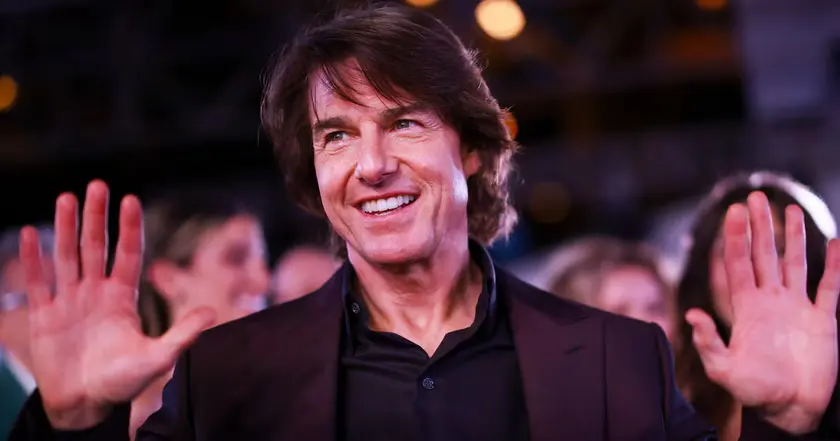
The actor cited scheduling conflicts as he turns down a Kennedy Center Honor reportedly announced by Donald Trump.
Tom Cruise Declines Kennedy Center Honors Offer From Trump
Tom Cruise has reportedly declined a Kennedy Center Honors invitation announced by Donald Trump, according to The Washington Post. Trump announced the honorees from the Kennedy Center on Wednesday and said the ceremony would be televised in December. The list included KISS, Michael Crawford, George Strait, Sylvester Stallone, and Gloria Gaynor, with Cruise noted as unavailable due to scheduling conflicts. A Cruise representative did not respond to requests for comment. If he had attended, Cruise would have been the most high-profile honoree on a roster Trump described as nearly finalized.
Historically, some honorees have declined or avoided the broadcast to protest the sitting president. Norman Lear, for example, accepted the honors but rejected the White House reception in 2017 to protest Trump’s policies, though he attended the Kennedy Center broadcast without the White House links. The episode has fed into ongoing discussions about how arts awards intersect with politics, and how fans respond to public figures who navigate that line, including social media responses from commentators urging other honorees to bow out or participate with caution.
Key Takeaways
"I could never turn my back on The Kennedy Center."
Norman Lear on accepting honors but not White House reception
"What I’m not accepting is the White House reception with Donald Trump."
Lear explaining his stance in 2017
"Stain."
Ana Navarro calling Trump a stain in an Instagram post
"Trump said he was 98 percent involved with selecting"
Trump describing his role in honoree selection
The moment reveals how far celebrity endorsements and cultural awards have become entangled with politics. When a blockbuster star like Cruise is tied to a political moment through an invitation, the event stops being only about artistry and becomes a test of public loyalty and press strategy. The Kennedy Center itself faces a delicate balance: honor a broad spectrum of artists while avoiding being framed as a political stage.
This episode also highlights a broader pattern of selective participation by past honorees and public figures, which can discourage some artists from engaging with national showcases. That pressure can shape future rosters, broadcast choices, and the level of candor fans expect from recipients. The risk is clear: when politics enters the arts, audiences may read every gesture as a statement, even when an invitation is portrayed as routine.
Highlights
- Power speaks louder than applause.
- Honors should be earned not weaponized.
- Arts survive even when politics is loud.
- The stage shines without the glare of power.
Political sensitivity around Kennedy Center Honors
The event sits at the intersection of entertainment and politics, inviting public reaction and potential backlash. The involvement of a sitting president in selecting honorees raises questions about neutrality and the impact on recipients and public perception.
The stage will continue to glow even as the surrounding chatter grows louder.
Enjoyed this? Let your friends know!
Related News
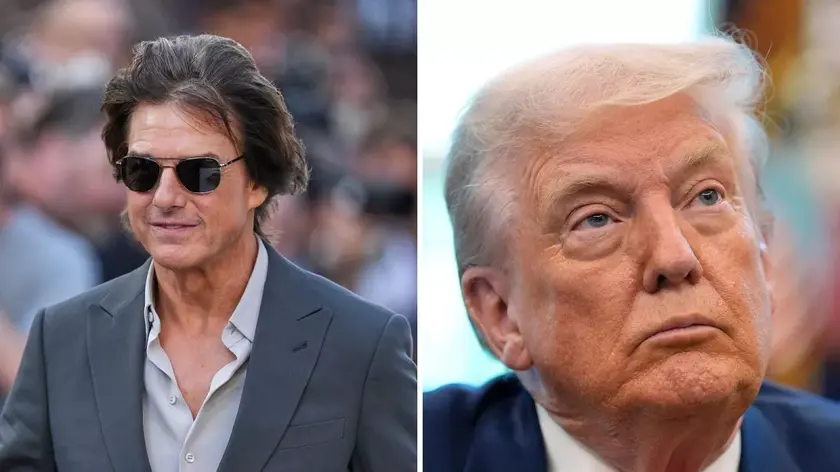
Cruise declines Kennedy Center Honors
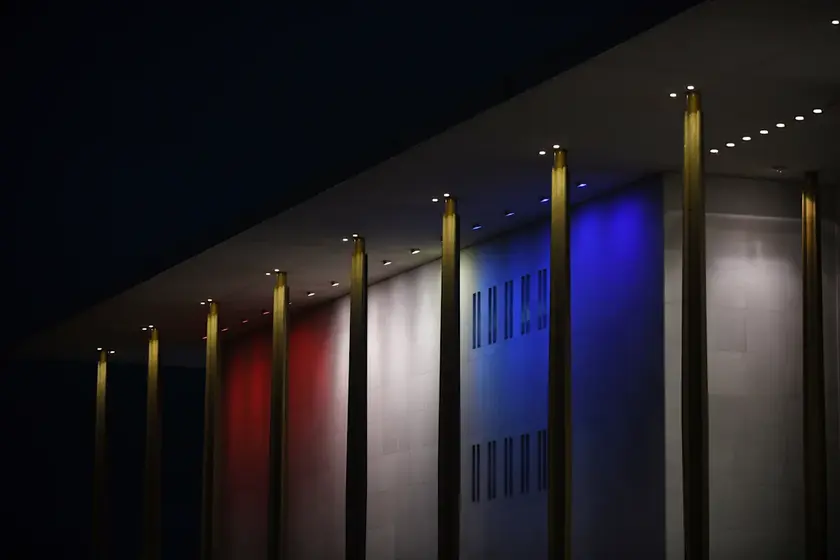
Trump to lead Kennedy Center Honors announces honorees
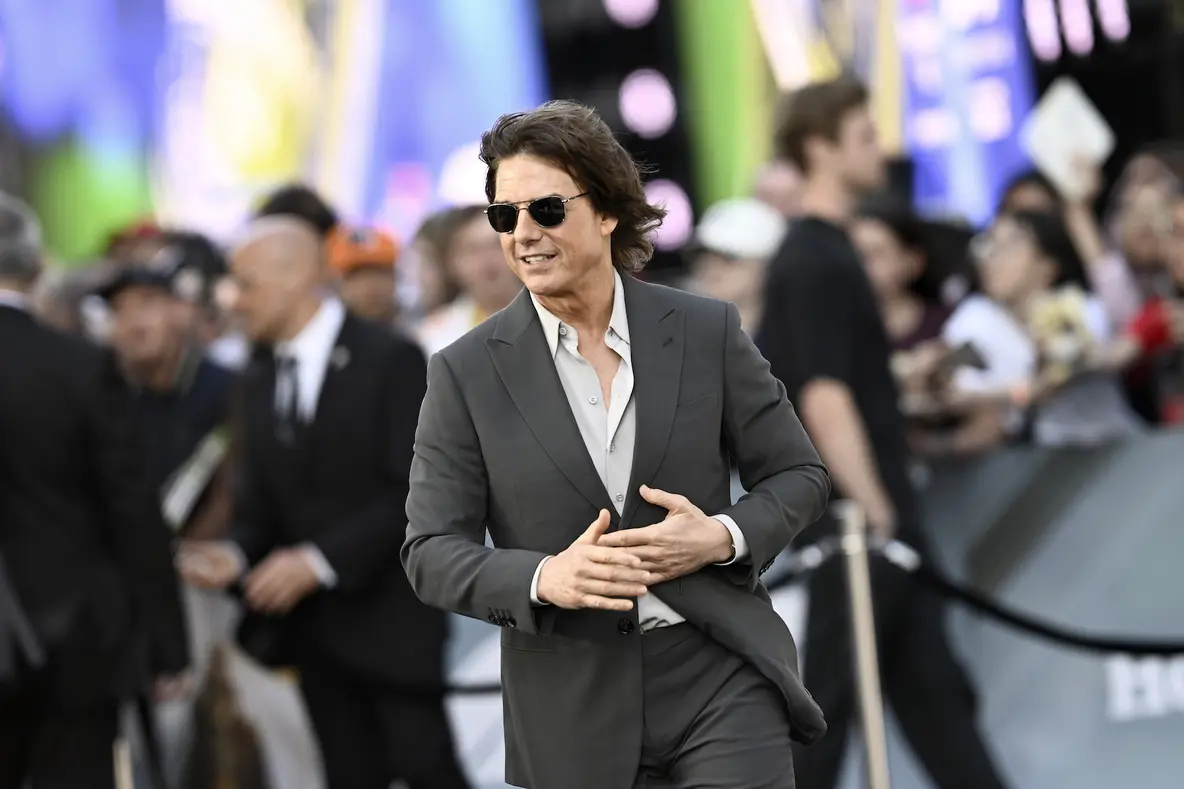
Cruise declines Kennedy Center honor
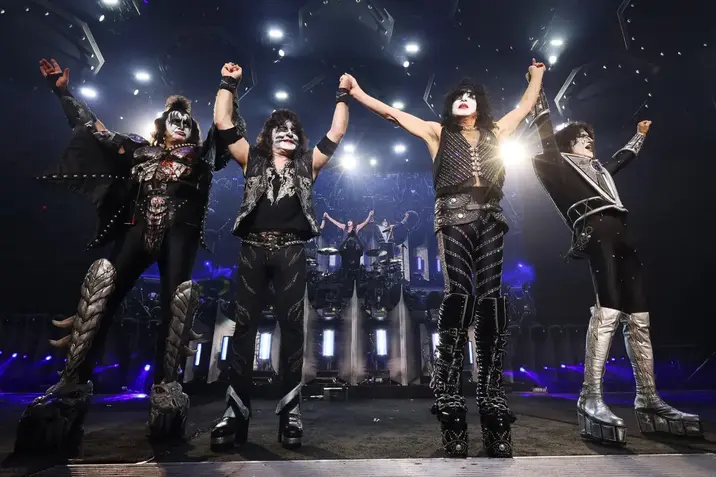
KISS Kennedy Center Honor Prompts Political Dialogue
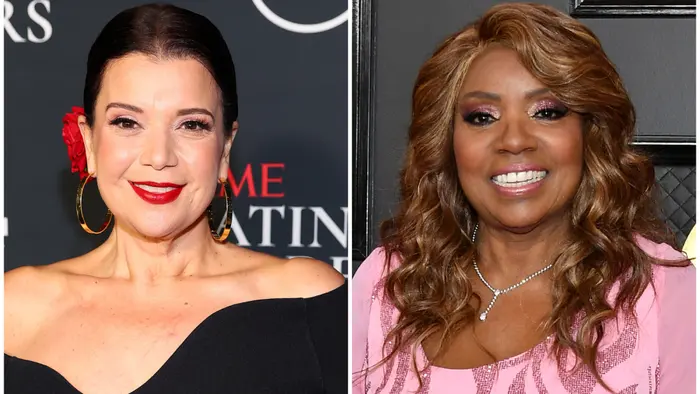
Gaynor Kennedy Center Honor Faces Political Backlash
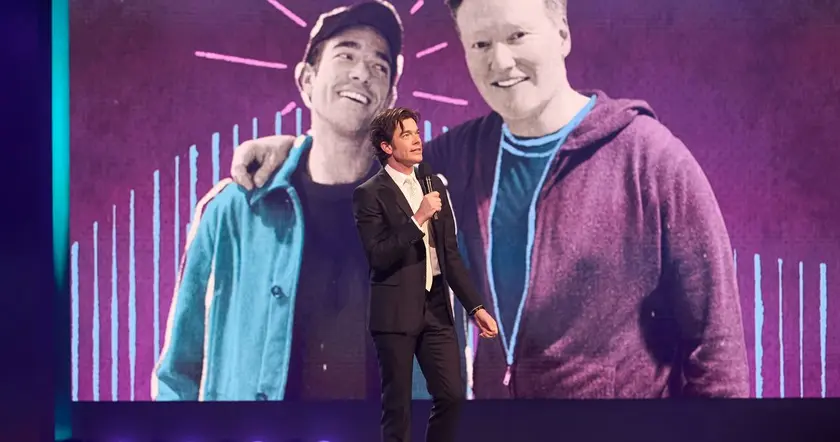
Conan O'Brien honored with the Mark Twain Prize
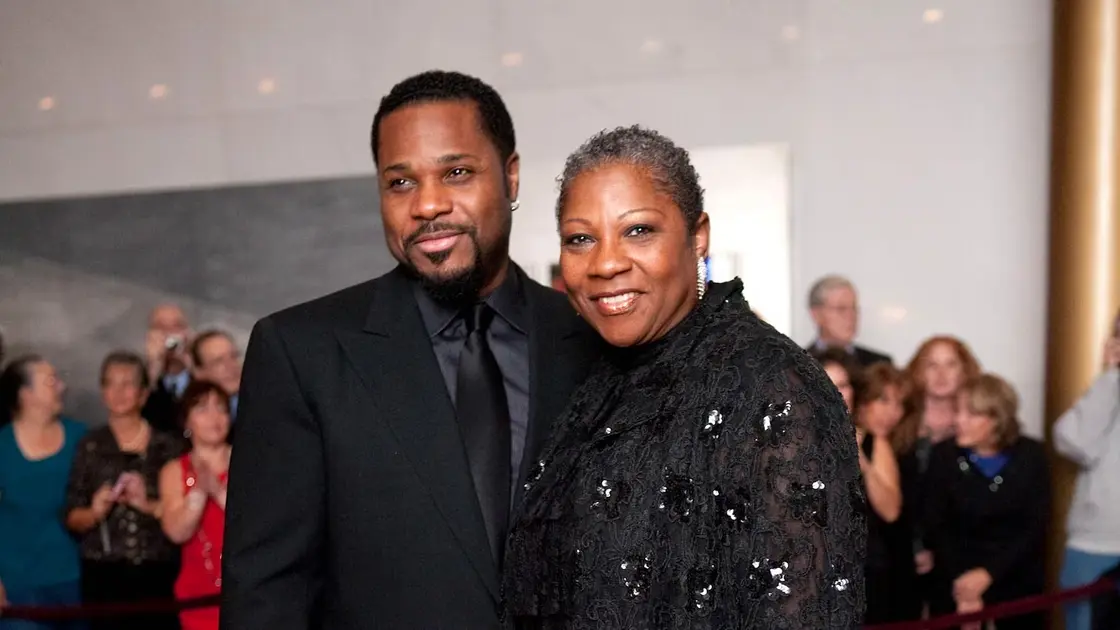
Memorial page launches for Malcolm-Jamal Warner
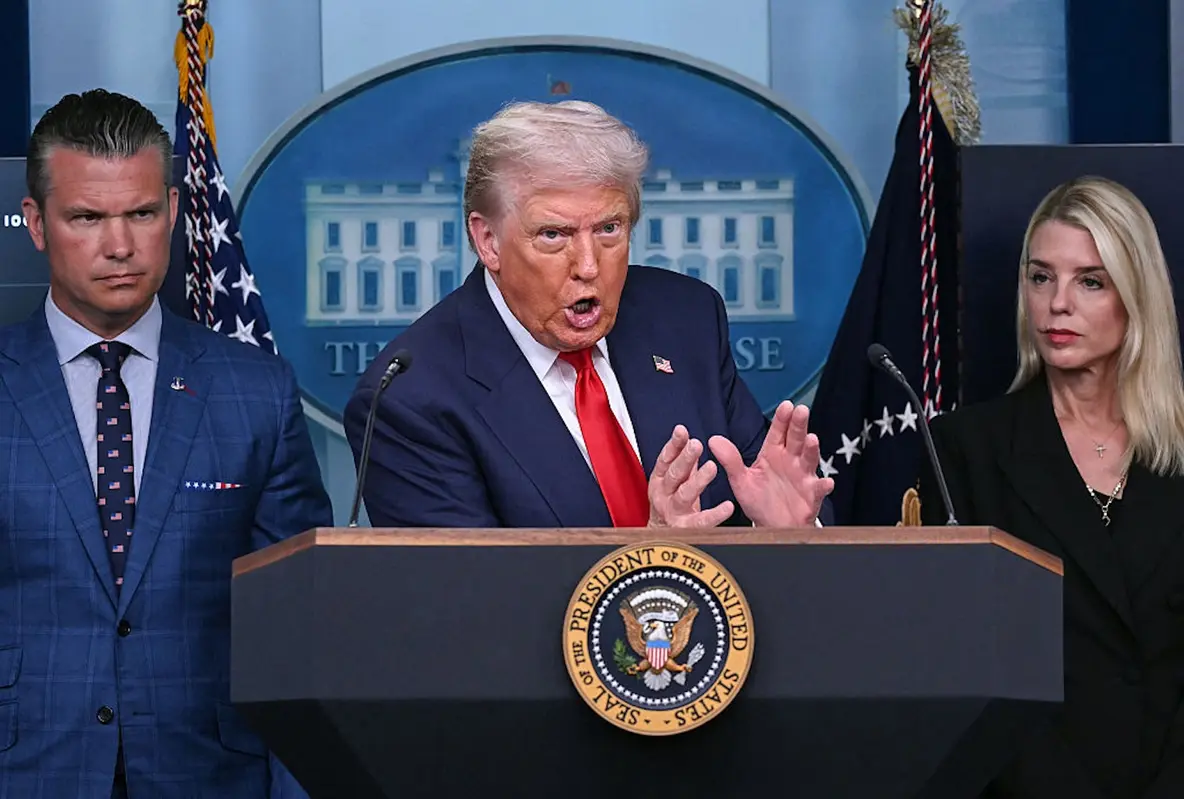
Trump fuels American Hell across politics and media
